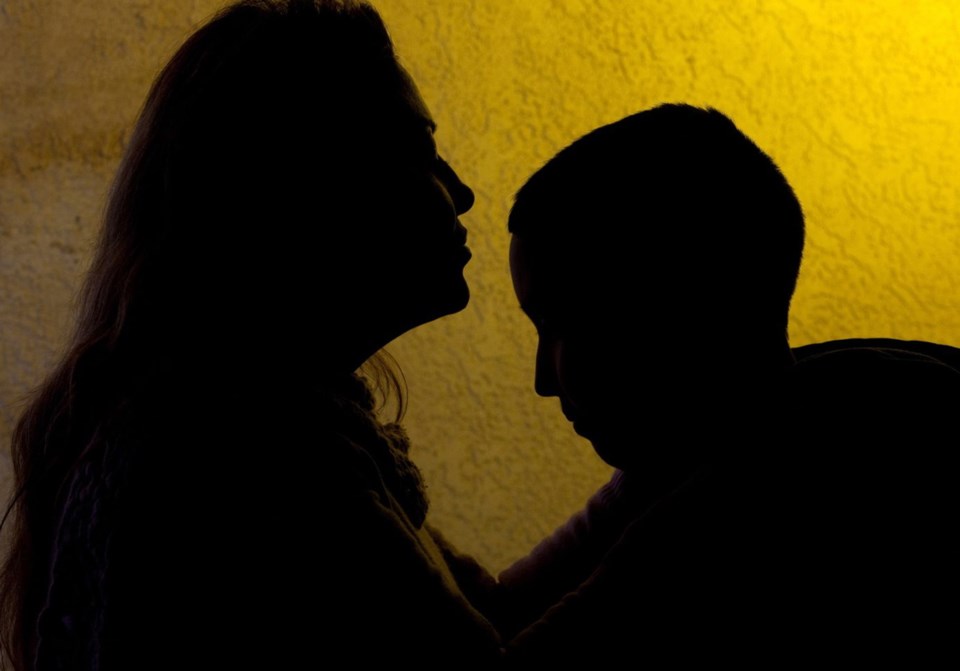Eddie looked at me, hands on his hips, tears covering his face, and said it for the 20th time that day.
“Mama, I don’t really love you. I hate you. You’re not nice!”
Usually, I can shrug off these toddler assaults easily, but this was one time too many that day. I knew he was overtired and acting out. I knew he didn’t mean it. But I had hit my limit of hearing this child tell me he hates me. I was seething.
“I love you, but I really don’t like what you’re saying to me. If you don’t love me, why do you want the baba [breast feeding] from me? Why do you want me at all?”
Eddie stopped crying and looked at me in surprise. “I like the baba, Mama,” he said. “And I do really love you, but you’re annoying sometimes.”
I laughed and we made up.
I usually have a practical frame of mind about the tactics children can use to exert some measure of power over their grown-ups. As little children, they have so little power, but they do have our heartstrings in their wee fists.
For me, this is one of the hardest parts about being a parent. I struggle with how much of my feelings to expose to my kids. I want to be myself with them, but I also need to remember their needs and emotions come first in our relationship.
That said, I’m still me, and I am a sensitive person. I have always had a soft heart, and I’ve spent a lot of my adult life learning to protect my heart without hardening it.
With my kids, I can often separate me as a person from me as a mother.
I understand the kids can get angry at me as a parental figure. To my children, I am Mother; I’m less a person than a role, especially to the little ones.
My standard answer to the I-don’t-love-yous is simple: “You sound very angry and frustrated right now. I love you very much, no matter how you’re feeling or what you say.”
But sometimes I just can’t take it. What they’ve said is so hurtful or so unfair, I am just a woman with a soft heart that is being trammelled by a little person I love.
A few years ago, Naomi and I had an argument about something so unimportant I don’t even remember the issue. But I will never forget my then-four-year-old daughter turning to me and saying, “You wish I was never born! You hate me!”
Just words spoken by a little girl upset she hadn’t gotten her way, words to convey her hurt and anger and frustration. But words that twisted like a knife in the belly.
When I was pregnant with Naomi, I had a condition called hyperemesis gravidarum. I couldn’t eat or drink, and vomited myself into a hospital bed many times. I lost more than 15 pounds, and was often frightened for both of our lives.
I suffered and risked to bring her here, and now she was accusing me of not wanting her. It took me days to talk to her about the argument; in the meantime, I cried a lot and felt foolish while doing it.
As my children grow, they see more of me as a person with feelings, and less as the all-powerful archetype of Mother. At the same time, I’ve learned to control my emotions and reactions most of the time. The odd times I hit my limit, my big kids often have a lot of empathy and compassion.
On the day Eddie said he hated me over and over, my oldest son, Alex, gave me a hug at bedtime and said: “You know he doesn’t mean it. You’re a really great mom, and he loves you. And so do I.”
It was just what I needed to hear.



